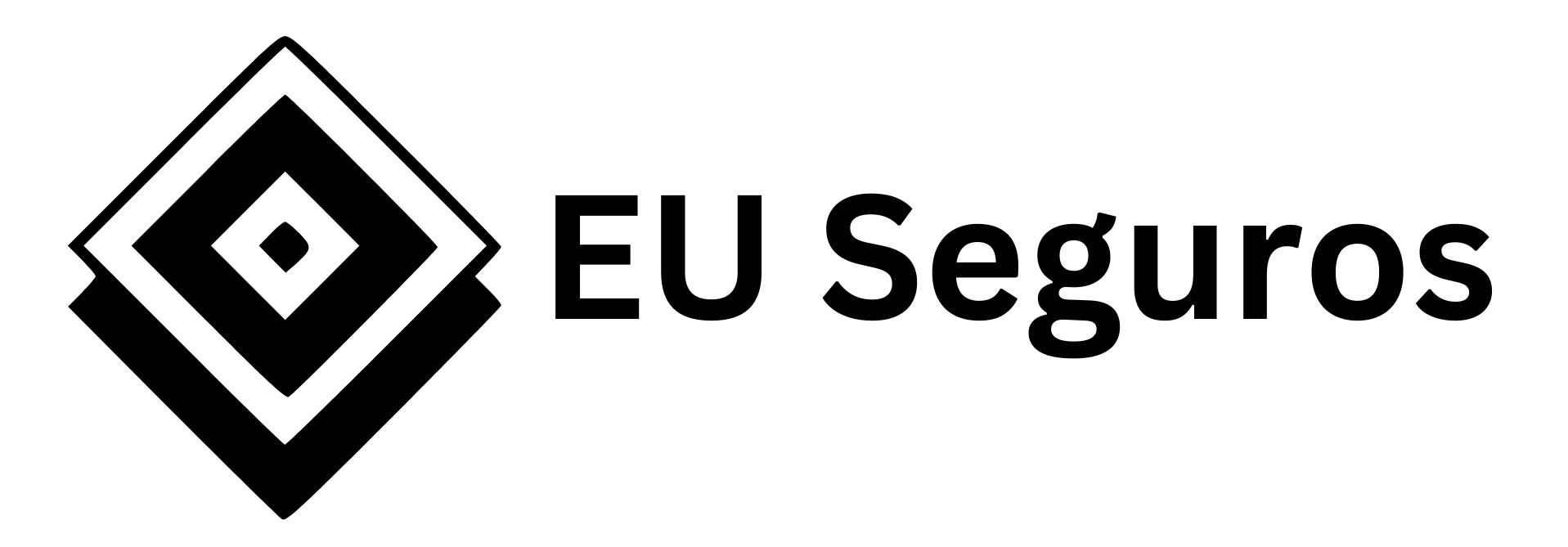Basic Economic Concepts
The foundation of Economics is that you have unlimited wants and limited resources, so you have to make a choice on how to allocate your resources in order to obtain what you want.
Economics is the study of how societies do that.
Scarcity
Scarcity is having limited resources. Economic resources or factors of production or factor endowments are:
1. Land – Natural resources that are used in the production of goods and services. Some examples of land are lumber, raw materials, fish, soil, minerals, and energy resources.
2. Labor – Work effort used in the production of goods and services. Some examples are the number of workers and the number of hours worked.
3. Capital – Physical goods that are produced and used to produce other goods. Examples of capital would be machinery, technology, and tools such as computers; hammers; factories; robots; trucks, and trains used to transport goods; and other equipment employed in the production of a good or service.
4. Technology/Entrepreneurship – the ability that some people have to combine resources into goods and services
Choice
Choice refers to you having to decide based on a variety of options.
Opportunity Cost
Opportunity cost is the loss of other alternatives by choosing one.
This notion is important when evaluating any project. There are two main versions of this.
Economic Profit = Total Revenue – (Explicit Costs + Implicit Costs)
Accounting Profit = Total Revenue – Explicit Costs
Implicit Cost is an Opportunity cost.
Explicit Cost is a normal business cost. Also called Accounting cost.
So just by looking at these two equations, we can see that Economic Cost goes much deeper as it takes into account the notion of the cost incurred by foregoing an opportunity.
This is why Economics is so important in our society and our understanding of the world: In order to simplify the world we as individuals and in this particular case, Economics, create models that represent all sorts of situations, so we can make a better decision.

